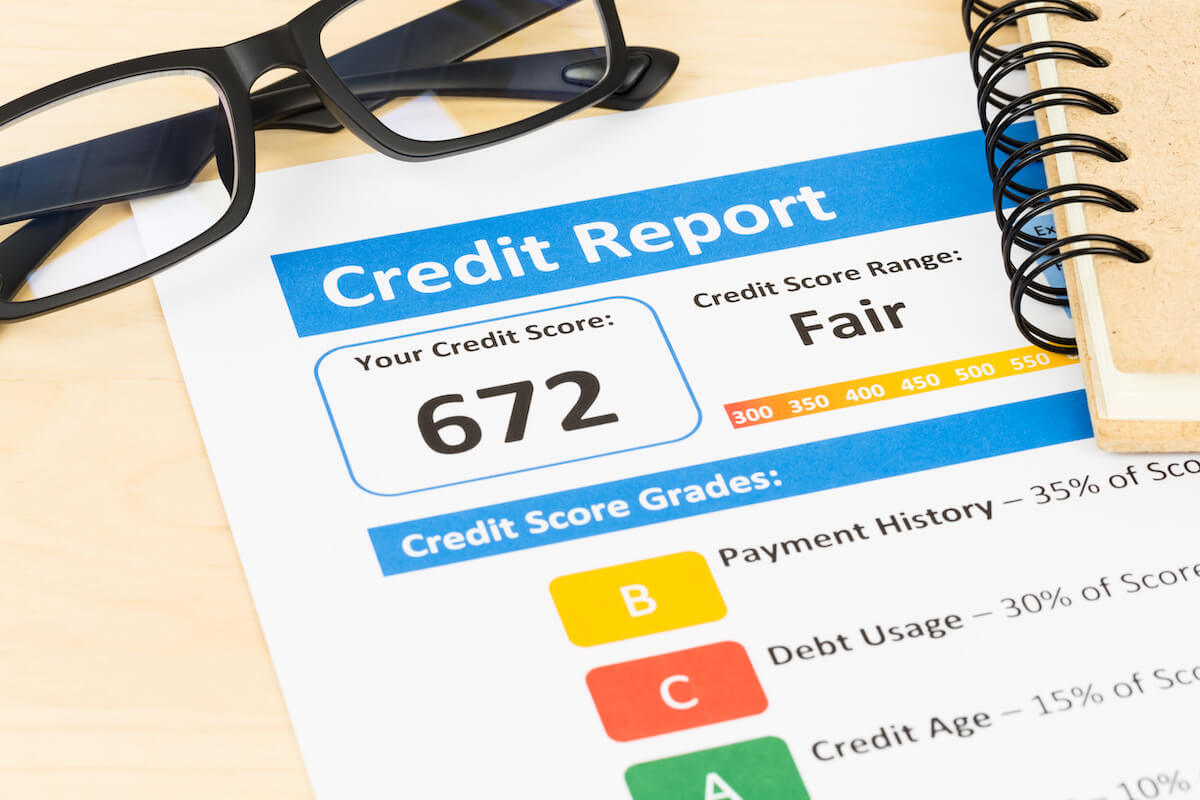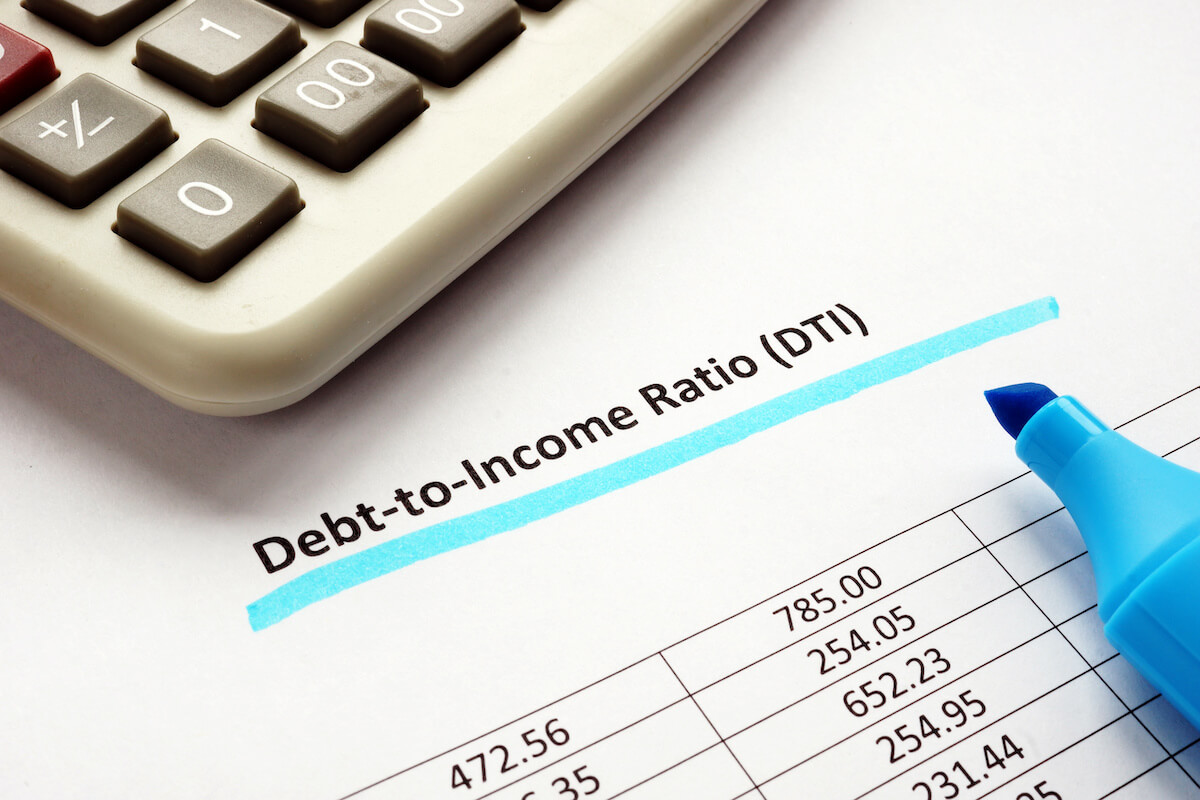So, you’re looking to buy a house in the great state of Texas? You’re not alone—with its diverse landscape, booming cities, and affordable cost of living, Texas has become an increasingly popular destination for prospective homeowners.
Before you start browsing listings and attending open houses, though, it’s essential to familiarize yourself with the specific requirements and steps involved in purchasing Texas real estate. From FICO scores and income guidelines to loan programs and closing procedures, this guide is meant to provide first-time homebuyers with all the vital information needed to start their Texas home purchase.
Understanding the ins and outs of buying a house in Texas is crucial to ensure a smooth transaction and secure your dream home. As every state has unique regulations and processes, being well-versed in the requirements for buying a house can make all the difference when it comes time to apply for loans or negotiate offers. Let’s dive into everything from down payment and closing costs to employment considerations so that you’re fully prepared for each stage of this exciting journey toward becoming a Texan homeowner!
Things to Know About Buying a Home in Texas

There are a few legal details in the home buying process that differ between states, so homebuyers moving to Texas from another state should be aware of what is and isn’t required when purchasing a home in Texas.
Dual Agency Isn’t Allowed
For those not familiar with the term, “dual agency” is when a single real estate agent represents both the buyer and the seller. While this can theoretically be a good thing, since having only one agent involved might mean the deal gets closed faster, it also creates a significant conflict of interest. Your agent’s job is to hold your best financial interests in mind, and doing that for two parties with conflicting interests (you, as a buyer, want a low price, and the seller wants a high one) is impossible.
Despite this, Texas is one of only eight states where dual agency is illegal, in addition to Alaska, Colorado, Florida, Kansas, Maryland, Vermont, and Wyoming. There are even a few hurdles when both the buyer’s agent and the seller’s agent work for the same brokerage. This is called an intermediary relationship, where the broker acts as the intermediary and the agents work as appointments, and this situation has special legal requirements.
Seller’s Disclosures are Required
This is the case in almost every state. The seller is required to complete the Seller’s Disclosure Notice, which explains the condition of the property to the best of the seller’s knowledge.
However, the seller’s disclosure may be incomplete. As the requirements are “to the best of the seller’s belief and knowledge,” there may be hidden defects that the seller doesn’t know about. There are also multiple versions of the seller’s disclosure form. Sellers don’t have to disclose home inspection results according to Texas law, for example, but the Texas REALTORS® disclosure form includes disclosures that exceed the minimum requirements.
Texas Does Not Require Real Estate Attorneys
In 22 states, you’d be required to hire a real estate attorney to assist during closing. Texas is not one of these states, but hiring an attorney can still be a good idea. A few things that an attorney will do for you include:
- Preparing documents such as title insurance policies, transfer of funds documents, and mortgage deeds
- Reviewing documents to ensure correct completion and correcting any errors
- Provide legal representation during closing for any unexpected changes
- Clarify and help you navigate unfamiliar legal terminology, contracts, etc.
- Represent you in court if necessary and contact any relevant professionals, such as surveyors, to solve any issues
Credit Score Requirements

Is there a minimum credit score you have to meet to buy a home? Technically, no. However, having a minimum credit score of at least 620 is highly recommended if you’re applying for a conventional mortgage. If your score is lower, your lender might offer you a higher-than-optimal interest rate and might not even approve your loan at all if your score is too low.
However, while Texas has a lower FICO score than other states on average, the average is still a respectable 680, more than enough to meet the suggested minimum. If you’re worried about having bad credit—or just want to increase your chances of getting good interest rates—you can start taking steps to improve your credit well in advance of applying for a loan, such as paying off outstanding debts, disputing inaccuracies on your report, and avoiding new debt applications.
In addition, homebuyers with credit scores that are below the recommended score can find loans that have lower credit score requirements. FHA loans only require a credit score of 580, for example. A few lenders might go even lower for VA loans. However, credit minimums vary by lender, so it’s wise to shop around.
Debt-to-Income Requirements

Debt-to-income ratios involve quite a few calculations, including front-end and back-end ratios (basically, how much income would go towards all monthly housing expenses and how much income would go toward covering all fixed monthly expenses like mortgage, debts, credit card fees, etc., respectively.) You can get an idea of your DTI by adding up your fixed expenses plus your best estimate of your monthly variable expenses, then dividing by your gross monthly income—what you make before taxes. Then multiply by 100 to get a percent.
The important takeaway for your debt-to-income ratio is that 43% DTI is typically the maximum to get approved for a mortgage. A DTI below 36% is even better since it tells the lender you’re less likely to default. Since that’s a lower-risk loan, you might be offered a better interest rate and mortgage terms.
Income & Employment Requirements

Similarly to your FICO score, there’s technically no minimum income requirement to purchase a home, but lenders will be evaluating your ability to repay the loan. The most important factor is showing a stable income stream, rather than there being any minimum paycheck. Most lenders require at least two years’ worth of W2s without significant employment gaps before approving your loan application.
Self-employed borrowers can present tax returns for the previous two years. If you’re a freelancer, it’s essential to maintain detailed records of your earnings and expenses over the past two years. Lenders will want proof that your freelance work has been consistent and lucrative enough to meet mortgage requirements. For those juggling multiple part-time jobs, make sure all your employers can verify your employment history and provide documentation of your earnings.
If you don’t have a two-year job history, though, lenders do consider mitigating factors. If you have a high credit score and a low debt-to-income ratio, that also demonstrates reliability, so they may approve you anyway.
Down Payment Requirements

It’s important to save for a down payment and explore various down payment options to find the best fit for your financial situation. In Texas, the typical down payment is around 20% of the purchase price, but you can also find low down payment options that may require as little as 3% or even no money down. Government-backed loans, such as FHA, USDA, and VA loans, are designed to help make homeownership more accessible by offering lower down payments and more relaxed credit requirements compared to conventional loans.
Down payment assistance programs are also available in Texas for eligible homebuyers who might need an extra boost when it comes to saving up for a home. The My First Texas Home program offers first-time buyers and veterans a 30-year low-interest mortgage with optional down payment/closing cost assistance. The My Choice Texas Home program, also offered by The Texaxs Homebuyer Program, is a similar program for repeat homebuyers.
Another popular Texas homebuyer program is the TSAHC Home Sweet Texas Home Loan program, which grants eligible moderate- or low-income buyers either a grant or a deferred, forgivable second loan that can be used towards their down payment. By exploring these various options, you’ll have a better chance of finding what works best for you and achieving your dream of homeownership in Texas.
Home Buying Steps

Start by taking an honest look at your financial situation and determining how much house you can afford, considering not only the purchase price but also all aspects of homeownership. Some things to account for in your budget include:
- Monthly mortgage payments
- Down payment
- Closing costs (typically 2%–6% of the home price for buyers, including home inspection fees, title searches, etc.)
- Texas property taxes
- Insurance premiums (both homeowners insurance, which is required by mortgage lenders, and private mortgage insurance (PMI), which may be required if your down payment is less than 20%)
- Maintenance expenses (budgeting for 1%–4% of the home price annually is a common suggestion, and having an emergency fund is always a good idea)
- Possible HOA fees
Familiarize yourself with down payment assistance available in Texas, such as My First Texas Home or TSAHC Home Sweet Texas Home, and keep an eye on mortgage interest rates that will affect your monthly payments.
When you have an idea of how big of a home loan you can reasonably take on, the next step in the home-buying process is to start shopping around for mortgage lenders. If you’re prepared to buy a home within the next two or three months, it’s time to pursue a mortgage pre-approval. However, you may want to find a good local real estate agent first.
Find the Right Real Estate Agent
While you can apply for pre-approval before you talk to an agent, why not leverage a local agent’s connections? Good Texas real estate agents will know multiple reputable mortgage lenders that they’ve personally worked with. They can help match you to mortgage lenders who specialize in the type of home loan you’re looking for. A local mortgage lender also offers you an advantage as a buyer—just like a local real estate agent, a local lender knows the local real estate market.
Having an experienced local agent will also help further down the line, as they’ll have connections with professionals in related fields, such as local home inspectors, renovation contractors, title companies, and more. With proper preparation and support from knowledgeable professionals, purchasing a house in Texas can be a smooth process.
Finding the right real estate agent is crucial for success in the competitive Texas housing market. Work with someone who has experience in the neighborhoods you’re interested in and specializes in helping buyers like you. Many agents have a niche they specialize in, whether it’s a type of home, a type of buyer (such as real estate investors or first-time homebuyers), or a particular area.
Researching housing market trends is essential, too; for example, analyze Austin’s market if that’s where you want to buy to understand whether it’s a good time to invest there or find the median home price of neighborhoods you’re interested in to narrow down your choices. Your agent will have experience with the local market’s patterns and can help you buy a home at the right time to save money.
Pre-Approval Process
Obtaining a pre-approval letter is like having a golden ticket in the home-buying journey, as it demonstrates to sellers that you’re a serious and financially capable buyer. The importance of pre-approval cannot be overstated, as it not only gives you an edge over other potential buyers vying for the same property but also helps you understand how much house you can afford and identifies any potential roadblocks to qualifying for a home loan.
To improve your chances of getting pre-approved, make sure all documentation required for pre-approval is accurate and up-to-date, work on improving your credit score if necessary, and seek guidance from experienced professionals.
Note that pre-qualification is not the same thing as pre-approval. A pre-qualification is essentially a lender’s estimate of whether you’ll qualify for a loan based on the information you give them. It typically only takes 1–3 days to get a pre-qualification letter.
Pre-approval, on the other hand, is much more rigorous and involves an official application, an extensive credit and financial check, and an official, specific loan amount and interest rate the lender is willing to commit to lending you, so long as you meet their conditions. This generally takes 7–10 days, and the pre-approval offer is generally good for 90 days, though the window may be shorter.
Here’s a quick overview of some common documentation required for pre-approval and ways to improve your chances:
| Documentation Required | How to Improve Chances |
|---|---|
| Proof of income (W-2s, pay stubs) | Maintain stable employment |
| Tax returns (past two years) | File taxes accurately & timely |
| Bank statements | Save money & avoid overdraft fees |
| Credit report | Pay bills on time & reduce debt |
To start the pre-approval process, gather these documents and reach out to multiple lenders to compare their offers. Keep in mind that each lender may have different requirements or guidelines they follow when determining eligibility for mortgage loans. In addition, because pre-approval involves a credit check, starting the pre-approval process with too many lenders can affect your credit score.
Finding a Home & Making an Offer
The next steps to buying a house in Texas are what you’ve been waiting to do from the beginning: finding the perfect home and making a bid to buy it. Making an offer on a home involves a lot of factors and is part of the reason why working with a local real estate agent is so important when searching for homes in Texas. Once your agent has helped you find a home that meets your criteria, you’ll need to know what similar homes are selling for in order to make a competitive bid.
Lean on your agent’s experience when it comes to local market analysis and negotiating for the best price. Since dual agency isn’t allowed in Texas, you can trust that your agent will be fighting for your best financial interests.
Closing Procedures & Costs
When it comes to closing, understanding the procedures and costs involved will save you both time and money in the long run. In Texas, there’s an option period after you and the seller sign a contract, typically lasting 10–15 days, during which things like the home inspection, appraisal, etc. happen. Note that the inspection and appraisal aren’t the same thing—an appraisal provides an unbiased estimate of the home’s value to assure the lender that the home is worth the loan you’re asking for.
During closing, your home loan will be finalized, and you’ll be required to provide proof of homeowners and title insurance. Title insurance protects you and your lender from potential issues with the property’s ownership history.
Be prepared for escrow fees as well, which protect the earnest money deposit and cover administrative fees. Escrow fees in Texas are typically $350–$700 and are typically split between the buyer and seller, though this is negotiable.
Once everything’s been signed, money has been transferred, and the final walkthrough has been done, the real estate transaction is complete and the home is yours.
Are You Ready to Buy a House in Texas?
As you embark on this exciting journey to homeownership in Texas, knowing the requirements you need to meet beforehand will help ensure that it’s smooth sailing. With careful planning and the right resources, your perfect home in the Lone Star State is just around the corner. Happy house hunting!














